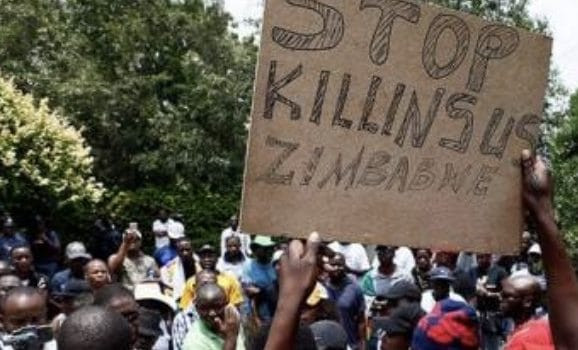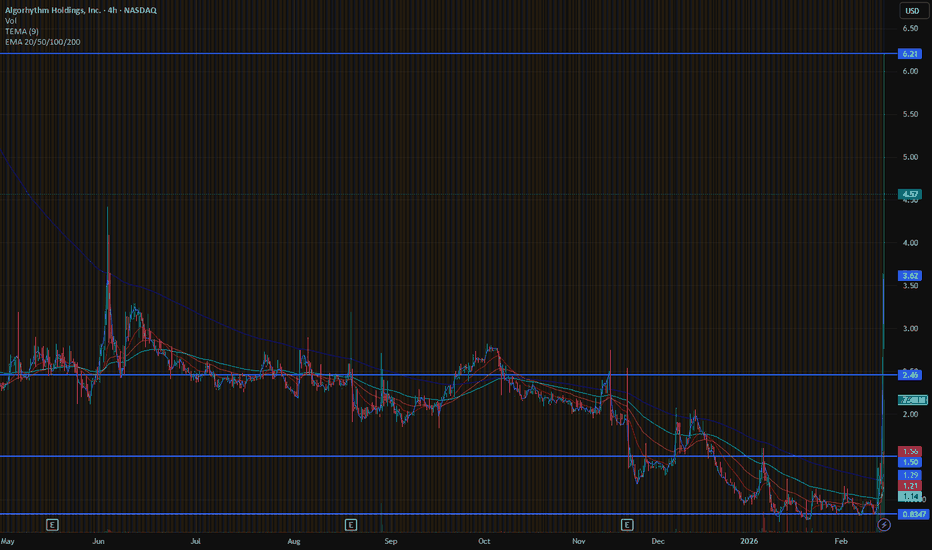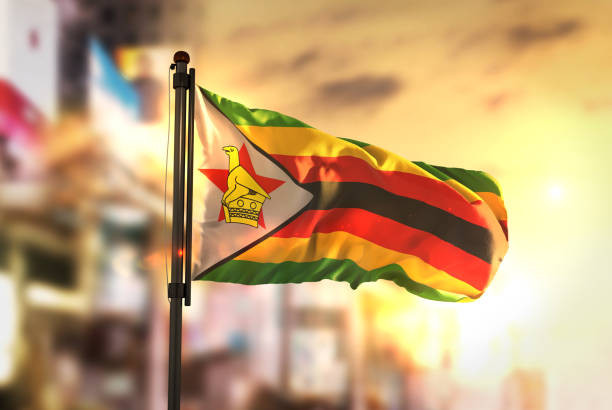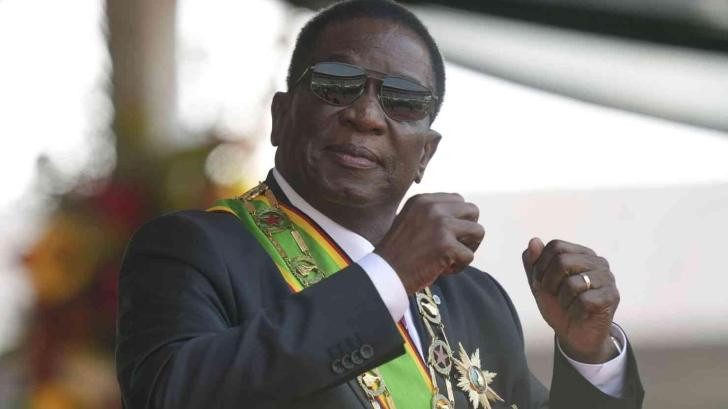
In October 2025, the Zimbabwe Peace Project (ZPP) documented a total of 116 human rights violations across the country, affecting 2,531 individuals, of whom 1,360 were female and 1,171were male.
Among these, 58 women and 51 men were persons with disabilities.
The violations recorded included gross abuses such as forced displacements, hate-motivated violence, threats, and physical assault.
Additional infringements encompassed restrictions on freedom of assembly and association, curtailment of freedom of expression, unjustified arrests, and inequitable access to government aid and essential social services.
Analysis of perpetrators revealed that Zanu PF supporters were 19.2% of the perpetrators, with the party ’ s leadership at various levels accounting for 12.1%.
Local authorities contributed 16.5%, while the Zimbabwe Republic Police and traditional leaders were counted as 15.2% and 9.8% of the violators respectively.
Other state actors, including school authorities and security personnel, together accounted for 11.5%, while civilians unaffiliated with any institution represented 14.1%.
Members of the MDC-A were responsible for 0.7% of violations.
- Letters: PWDs remain susceptible to abuse
- Komichi, Mwonzora differ on way forward
- Zanu PF, opposition smoke peace pipe
- Zim needs political tolerance during, after elections
Keep Reading
Provincially, Harare recorded the highest number of violations (38), largely linked to service delivery failures, followed by Mashonaland East (20), Manicaland (16), and Matabeleland North (13). Mashonaland Central and Midlands each recorded eight violations, Mashonaland West and Bulawayo five each, and Masvingo (three).
The “Ten Steps Backwards ” section highlights the persistent infringement on citizens ’ rights due to the failure of local authorities to provide essential services, emphasising the urgent need for systemic reforms to uphold human dignity, accountability, and sustainable development.
These findings underscore the urgent necessity for inclusive governance, impartial law enforcement, and strengthened mechanisms to protect citizens ’ rights, ensuring that political, social, and economic development in Zimbabwe is grounded in justice and human dignity.
In two separate incidents, grave human rights violations relating to forced disappearances, torture, and politically motivated reprisals were recorded.
In Mt Darwin South, Ward 21, a woman was abducted by unknown assailants who had initially been searching for her husband, a known political actor linked to Saviour Kasukuwere’s 2023 presidential campaign.
The victim was later found dumped in Glendale with severe physical injuries, including signs of torture, indicating deliberate, degrading, and inhuman treatment intended to intimidate and punish perceived political dissent.
In the same pattern of politically charged retaliation, an unmarked vehicle without number plates was used to attack a lodge owned by Kasukuwere ’ s relative, where a conference room and three additional rooms were set on fire after reports circulated that a political meeting had been held at the premises.
This act of arson represents a direct violation of the right to property, personal security, and participation in political expression without fear of retaliation.
Similarly, in another politically linked incident in Harare Central, a male security guard at Sapes Trust was abducted and briefly detained by unidentified perpetrators who sought to destroy property ahead of a scheduled press conference involving political stakeholders.
These incidents illustrate a broader climate of political intolerance marked by enforced disappearances, targeted violence, intimidation, and the systematic suppression of dissent.
Beyond the immediate physical harm to victims, such acts instil fear, silence public participation thus affecting the safety and enjoyment of citizens ’ political rights.
In a grave and deeply concerning incident, a victim from Bulawayo Province lost her life following a brutal mob assault carried out on the basis of allegations regarding her sexual orientation, representing a clear case of hate-motivated violence and discrimination.
The victim was transported to Mpilo Central Hospital by police with extensive injuries consistent with severe physical assault, and medical staff reported indications of possible sexual abuse prior to admission.
She later succumbed to her injuries, amounting to a serious violation of her right to life, personal security, and protection from torture and cruel, inhuman, or degrading treatment.
Prior to the attack, the victim had reportedly faced ongoing stigma and harassment linked to her identity, reflecting persistent patterns of intolerance within the community.
Further concern is raised by the disappearance of her partner, who went missing days before the assault, suggesting possible targeted violence against individuals based on real or perceived sexual orientation.
This incident constitutes multiple human rights violations, including breaches of the rights to life, dignity, equality, and freedom from discrimination, contrary to Zimbabwe’s constitutional guarantees and international human rights obligations.
It underscores the urgent need for measures to prevent hate-driven violence, ensure accountability, protect sexual minorities, and promote a culture of tolerance and respect for human rights.
In the month of October, seven human rights violations were documented, primarily involving forced displacements, as well as threats of violence, and unlawful arrests, with severe impacts on 16 affected civilians (eight women and eight men).
In Chitungwiza Ward 24, suspected state agents repeatedly visited a woman’s home, threatening violence and demanding to see her mother aknown opposition political activist, resulting in both women being forced to leave their residence permanently in fear of violence and victimisation.
Similarly, in Seke Wards 5 and 17, traditional leaders and local actors collaborated with Zanu PF supporters to violate the property rights of women accused of supporting the opposition, with parts of their land sold and threatened with removal, despite their permission to use the land under communal frameworks.
In Gokwe South, civilians, including three women and two men, are on the verge of being evicted by a Chinese company claiming authorisation from the Office of President to conduct coal mining activities, causing direct displacement and loss of livelihoods.
In Epworth Ward 6, Zanu PF supporters caused the dismissal of five men from their workplace and threatened them with evictions from their homes.
The five were later arrested and accused of misconduct, illustrating the intersection of political affiliation and arbitrary detention.
These violations demonstrate a troubling pattern of politically motivated displacement, unlawful interference in private property ownership, and the use of threats and coercion, affecting vulnerable populations across the country. — Zimbabwe Peace Project











